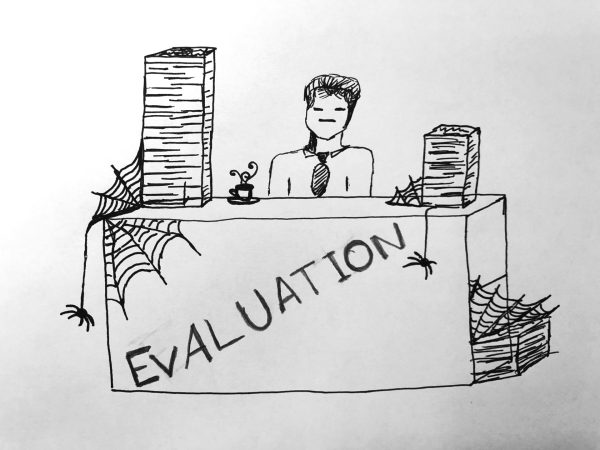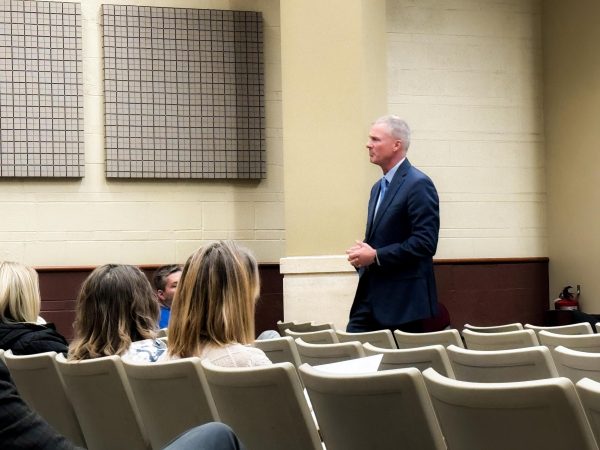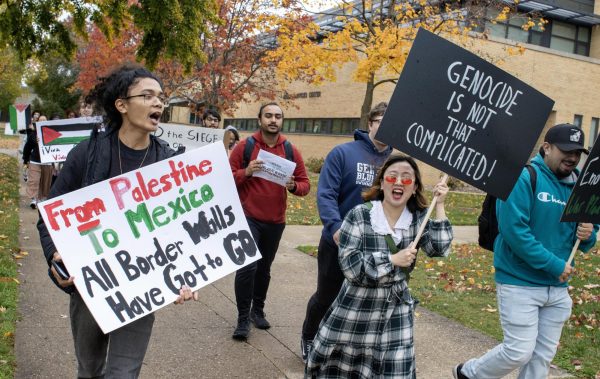Shared governance is even more important in face of reorganization
April 19, 2018
Shared governance structures are more important than ever. In this time when everything at the university is changing, we need people who are committed to keeping an eye on and speaking out about what is happening during the reorganization process set to start this summer.
At the last Faculty Senate meeting, a new proposal for shared governance was announced. This new proposal keeps the number of faculty senators the same, but would make it so these senators are full voting members on other committees.
This is an interesting proposal. It is a better idea than the former idea, which was a larger Faculty Senate, which could easily become somewhat unwieldy.
However, there are some concerns with the new proposal; namely, it gives more work to faculty senators, by having them serve on other committees, which could tax their service capacities, as one professor pointed out at the meeting.
Despite the fact that there is no proposal set in stone, looking at the way shared governance works at the university will be vital to Eastern’s future going forward.
The idea that better communication is needed has been one that is floated around meetings for a long time now.
This new shared governance structure, however it ends up looking, needs to be one that withstands the reorganization plan. And it is a big plan, one that adds a new College of Health and Human Services and combines two existing colleges into one College of Liberal Arts and Sciences — not to mention adding two new schools and shifting a number of entities around.
One faculty senator at the last meeting made a comment that he “seems to be the only one on campus” who has some issues with the new restructuring plan for the university.
His feelings about this are valid, as many have talked about how excited they are about the reorganization.
However, we doubt that everyone on campus feels the exact same way. No plan or proposal is ever perfect, including this one. There are sure to be bumps and growing pains as everyone adjusts.
But just because everyone else seems to feel a certain way about this proposal, does not mean that those who have criticisms or general concerns should be brushed aside.
Though Provost Jay Gatrell has said he wants new colleges implemented by July 1, he keeps referring to the next academic year as one of “transition.”
If this truly is a “year of transition” as the provost says, this transition will include issues with the reorganization plan being addressed.
This does not mean stopping or stalling the transition, but it means addressing and taking these issues into account. It’s been a tumultuous few years for Eastern, and a change is definitely needed.
No change will make everyone happy, but as long as everyone’s voices are heard, it could be one that is beneficial. That’s if, and only if, there is good communication between everyone involved, and no one’s viewpoint is marginalized in the process.
















































